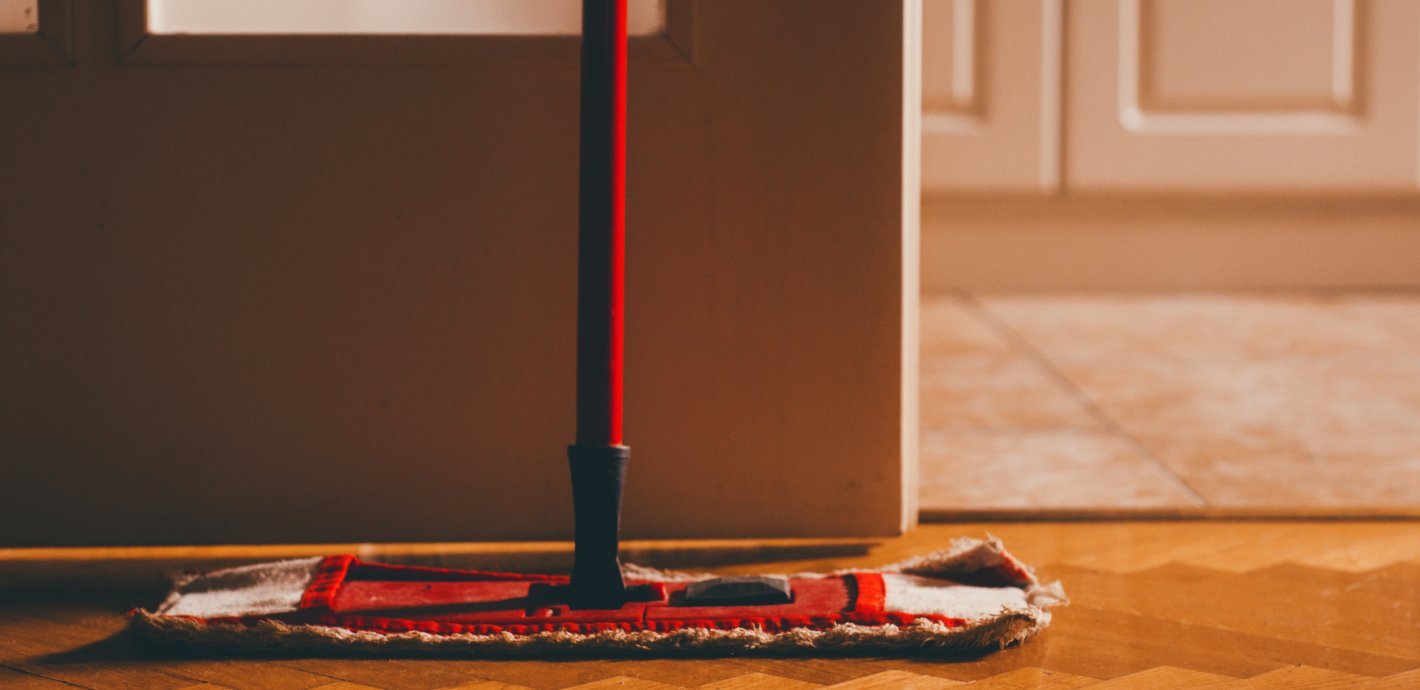Washing hands with regular soap and water is an effective way to manage germs and minimize the spread of illness. Seems simple enough, yes? After all, that’s what we learned growing up. But efforts to improve this routine for cleanliness may have turned the process downright dirty.
The FDA this fall banned the use of triclosan and 18 other ingredients (including triclocarban and a host of other unpronounceables) used in consumer hand soaps and body washes, after manufacturers were unable to demonstrate that these chemicals are safe or even work better than regular soap at preventing the proliferation of germs. For years, products that boast of wiping out microorganisms have given consumers the false impression that these agents are beneficial, and the fewer bacteria the better.
As the dangers of destroying good bacteria and antibiotic resistance through overuse of antibiotic chemicals come to light, public fears have been raised. More Americans are realizing that the practice of beefing up ordinary household products with potent chemical agents may be a risky experiment.
A closer look at triclosan reveals a large amount of suspect data associating the germ killer with increased allergies, hormone disturbance in animals, and the possibility of promoting bacterial resistance which means that lifesaving antibiotics might not work when we most need them. Triclosan is found in 75 percent of the population and detectable in breast milk and urine, but the threat isn’t limited to the human body. Triclosan is also present in a majority of U.S. waterways, affecting not only water purity but the ecosystem and life aquatic as well.
Related: 10 Effective Natural Remedies for Acne
The new FDA decision follows an injunction in 2013 when the product manufacturers were asked to prove that these chemicals were safe or even necessary. Companies now have a year to clean up the products or pull them from retail shelves. Some in the industry have voluntarily removed triclosan and its creepy cousins from their cleansers, only to replace them with other synthetic chemicals. But just what hazards come with these new kids on the block? And if soap and water are sufficient, why continue using additives at all?
As is often the case, nature has provided us with eco-friendly and timeworn alternatives safer than many synthetics cooked up in a lab. For millennia, mankind has turned to the power of plants to prevent and treat infection from the microbial world. Essential oils are potent plant compounds with impressive antibacterial and antifungal properties. Today, as side effects and symptoms from manmade experiments abound, science is revealing promising research about the potential of essential oils to be used as viable alternatives to harsh antibiotics with livestock, in hospitals, and in the home.
Therapeutic and sanitizing, essential oils make the perfect addition to any DIY household cleansing products. As a bonus, essential oils also have potent mood supporting properties, enhancing emotional well-being through their VIP access to the limbic system. How nice to get a bit of aromatherapy while lathering up? It’s like a combo cleaner and stress-relieving candle in one!
HAND SOAP
2 tablespoons castile soap
2 teaspoons fractionated coconut oil
10 drops essential oils, such as rosemary and lemon or cypress and bergamot
8 ounces water
SHOWER GEL
4 ounces liquid castile soap
4 tablespoons vegetable glycerin
10 drops essential oils, such as eucalyptus and lavender or cedarwood and wild orange
Shake before each use
YOGA MAT CLEANER
4 ounces distilled water
2 ounces witch hazel or white vinegar
8 drops essential oils, such as melaleuca and peppermint or sandalwood and petitgrain
Glass or stainless spray bottle
Test on small patch of yoga mat to be sure oils are safe for material









Comments (1)